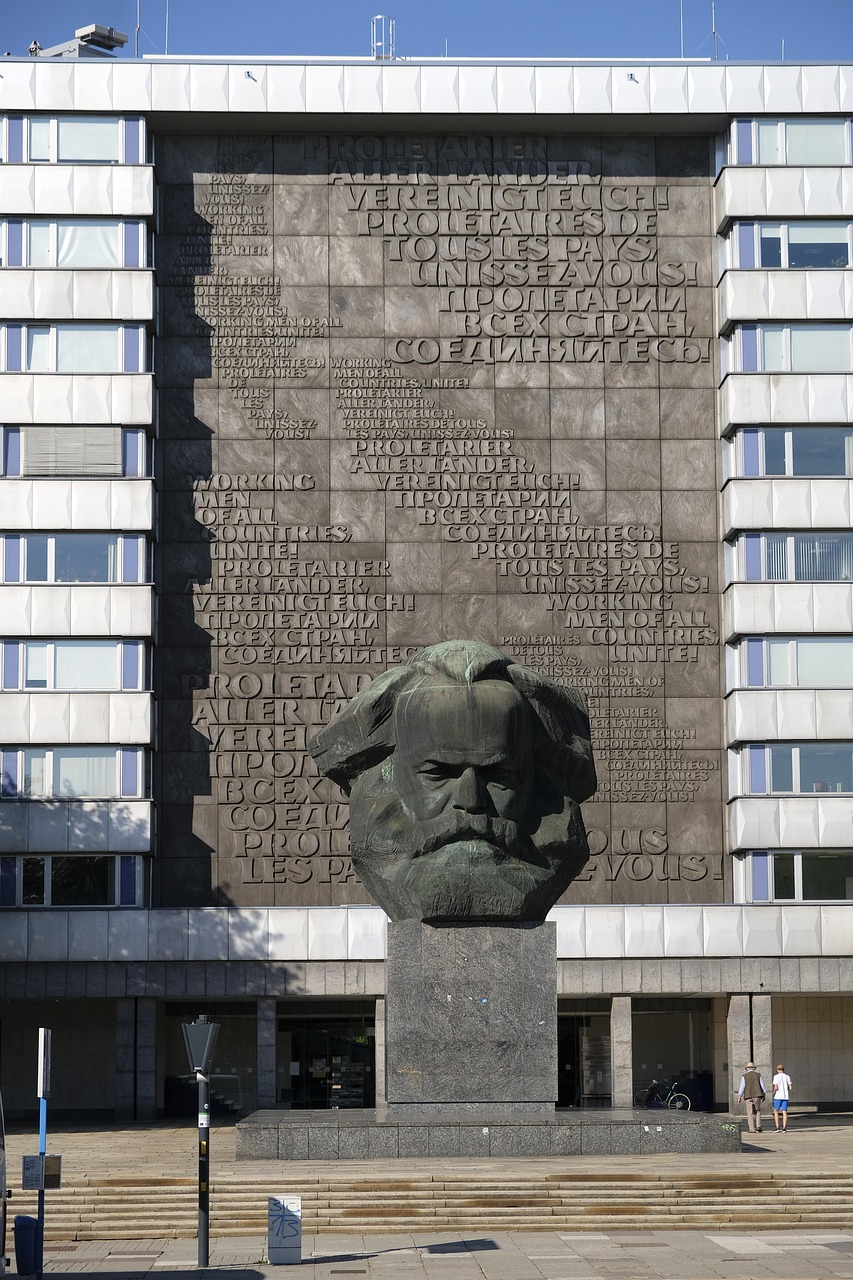In an increasingly digital world, Nigel Farage’s de-banking case highlights the pressing challenges of access to financial services. De-banking undermines economic stability and limits political participation because it excludes individuals and businesses from financial services. Moreover, a significant portion of the global population remains excluded from formal banking systems, limiting their opportunities for growth and prosperity.
Curiously, the de-banking of Nigel Farage caught the attention of groups in our society who’d normally disagree with Mr. Farage, for example, the Muslim community in the UK. They claim to be disproportionately affected by de-banking, mainly on the grounds of posing a reputational risk to the bank.
In a free market, a private business should absolutely have the right to accept or deny provision of their services to individuals or businesses. However, we do not operate under a truly free market, with banks adhering to the regulations of the Financial Conduct Authority and the Bank of England’s Prudential Regulation Authority.
Under current regulations, banks are required to apply “Enhanced Due Diligence” measures to Politically Exposed Persons (PEPs), vaguely defined as someone entrusted with a public function as well as their family members or associates. However, these regulations are very vague which raises concerns about potential negative economic and political implications.
There is, however, scope for alternative forms of banking to enter the market. Fintech is transforming financial services; from mobile banking apps to digital payment platforms, it offers new ways of accessing and managing money.
It is not only useful to de-banked individuals and businesses but also “unbanked” individuals. The term unbanked refers to individuals who lack access to traditional banking services such as savings accounts, credit facilities, and payment systems. According to the World Bank, over 1.7 billion adults globally remain unbanked, most of whom reside in low- and middle-income countries. Lack of access to financial services perpetuates economic inequality, limits opportunities for entrepreneurship, and hinders economic growth.
Fintech can address de-banking and un-banking is through digital wallets and payments. Fintech allows individuals to create digital wallets that facilitate secure and convenient transactions, even in areas with limited physical banking infrastructure. Mobile money platforms like M-Pesa in Kenya have revolutionised financial access for millions, enabling payments, transfers, and savings through mobile devices.
The success story of M-Pesa illustrates the transformative power of fintech in promoting financial inclusion. Launched in 2007 by Safaricom, Kenya’s leading mobile network operator, M-Pesa allows users to send and receive money via their mobile phones. It has provided millions of Kenyans, especially those in rural areas, with access to financial services previously unavailable to them. M-Pesa’s impact on poverty reduction, entrepreneurship, and women’s economic empowerment highlights the potential of fintech to drive positive change.
Additionally, fintech makes it easy for migrants and their families to receive remittances, which is otherwise more complex, costly and time-consuming to achieve through traditional banking channels. Fintech offers more efficient and cost-effective ways to transfer funds across borders, reducing the financial burden on these households.
Next, the recent emergence of issues surrounding banking intermediaries increases the incentive to turn to Fintech. Fintech enables peer-to-peer lending, and it connects borrowers directly to lenders, which makes credit accessible to those previously excluded from traditional banking channels.
A potential implication of de-banking is the negative impact on credit score, which makes it difficult to borrow and therefore invest. Fintech companies, however, use alternative data sources, such as mobile phone usage and social media activity to assess credit worthiness. Machine learning algorithms are employed to analyse how a consumer uses their mobile phone, ultimately identifying any errant behavioural patterns.
Additionally, fintech makes an assumption about universal digital literacy and access to smartphones, which is simply not true, especially in rural areas. But some fintech platforms already provide educational resources to help users understand financial concepts and manage their money more effectively. If fintech is allowed to grow, understanding will continue to evolve and it could become a revolutionary tool in the effort to increase banking access.
Fintech has emerged as a beacon of hope for the unbanked and de-banked populations around the world. By leveraging technology to provide innovative and inclusive financial services, fintech solutions are breaking down traditional barriers and unlocking economic opportunities.
Governments should be willing to adapt their policies and regulations to fit the evolving financial landscape. They could offer tax benefits and reduced regulatory burdens to provide an incentive for fintech companies to invest in underserved areas. By addressing this challenge, we can move towards a more inclusive and prosperous global economy.















